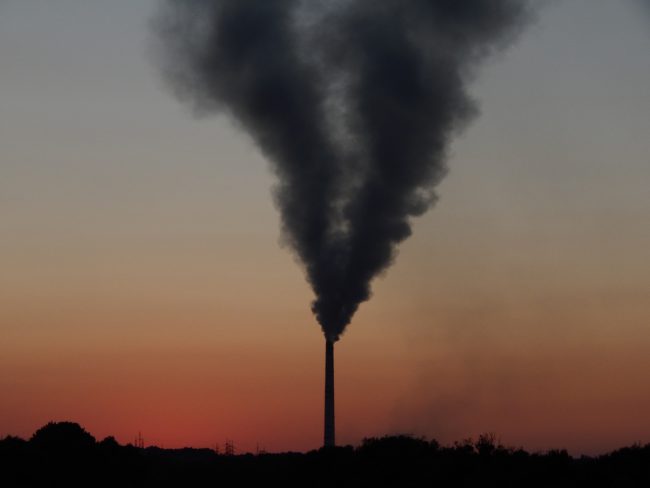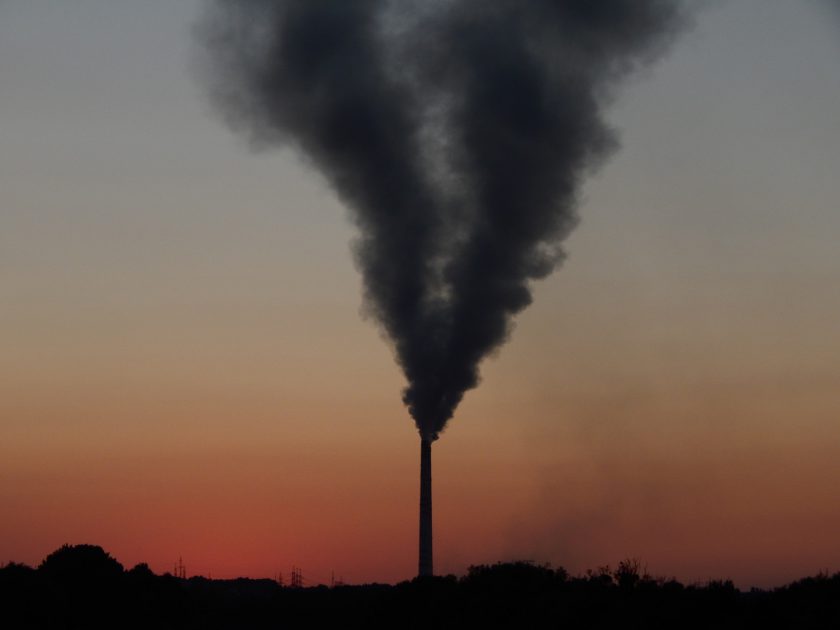
Health Care does not come for free, it carries with it a considerable cost.
Our use of Fossil Fuel is impacting our long term health. As we consume fossil fuel we are also pumping rather a lot of stuff into the air we breath, namely sulphur dioxide, and nitrogen oxides.
There is also of course the rather obvious emission of CO2 that leads to what is perhaps the greatest challenge our species will ever face – climate change. Putting aside CO2 and climate change for a moment, lets mull over the costs and benefits of actually doing something meaningful about the elimination of emissions and gaining clean air.
There is a rather interesting new study that covers exactly this.
Study: Nationwide and Regional PM2.5-Related Air Quality Health Benefits From the Removal of Energy-Related Emissions in the United States
Published May 16, 2022, they have crunched some numbers. The results are truly fascinating.
Here is a brief summary …
- They estimated the health benefits that could be realized if emissions of fine particulate matter, sulfur dioxide, and nitrogen oxides from electricity generation, transportation, buildings, and industrial sources were eliminated in the United States.
- They found that removing emissions from these sources could prevent more than 50,000 premature deaths each year nationwide.
- They also found that doing this would provide more than $600 billion in benefits by avoiding deaths and illness caused by emissions
Don’t we all need to work together on this for it to be viable?
One thought is that you need to get every state onboard.
Apparently not. If one state acts alone then that is still a big win for that state.
What their data modelling revealed is that something between 32% and 95% of the health benefits you get by eliminating emissions in a specific region will remain in that region.
The Good News is that we are moving forward
The clean energy transition really is happening.
Already roughly around a dozen states have established mandates that energy must come from clean sources by the 2040-50 timescale…
California has also mandated that all cars sold by 2035 must be zero emission vehicles…
At a federal level, the Biden administration has also called for 100% carbon-free electricity nationwide by 2035, a 50%–52% reduction from 2005 levels in economy-wide Greenhouse Gas emissions by 2030, and net-zero emissions economy-wide by no later than 2050 …
Problem Solved, we can stop worrying … right?
Nope.
It is truly fantastic that all of this is happening. The sad reality is that it is not enough. If the goal is as stated in the Paris Agreement, that we keep global warming limited to 1.5°C or 2°C above preindustrial levels, then we need a reality check because we will not achieve that with current commitments.
If we stick to a focus on health, then climate change brings all this …
- heatwave mortality
- water-borne diseases
- respiratory illness from allergens and wildfires
- injuries and mental health stress from flooding and storms
- malnutrition and population displacement from severe drought
- etc…
If we truly wish to avoid the worst case scenarios then we need deep and rapid cuts in emissions now.
But doing all this will cost Trillions, we can’t afford that … right?
Wrong.
Beyond the rather obvious observation that we really can’t afford not to because the costs associated with doing nothing are vast and deeply impactful, actually doing something meaningful will also bring huge economic benefits along with the vast health benefits.
A report published by the Deloitte Economics Institute a couple of months ago revealed the following rather startling details
- If the US fails to address climate change then it will cost the U.S. economy $14.5 trillion in the next 50 years. Additionally, nearly 900,000 jobs could disappear each year due to climate damage
- If the US takes meaningful decisive action to address climate change, then the U.S. economy could gain $3 trillion and also add nearly 1 million more jobs to the US economy by 2070
(Sarcasm mode): Damn, that’s such a hard call to make, so which option should we go for then?
Right Now we face choices that will have a huge impact further down the road
In one sense we have actually been here before but events took a wrong turn.
Henry Ford famously churned out affordable cars powered by internal combustion engines. What is perhaps not so well known is that he also had plans to mass produce an affordable electric vehicle as well.
In 1914 there were rumours that Henry Ford was working together with Thomas Edison on an affordable electric vehicle. When asked, he confirmed it for a New York Times article on Jan 11, 1914.
What happened?
Ford demanded the use of Edison’s battery, but they had a flaw that meant they would not work for cars. The design team went for another battery without telling Ford. When he found out he went ballistic and so the project fell apart.
One can only wonder how things might have panned out in today’s world if that had all gone a different way.
Today, if we make the right choices going forward, we reap considerable financial and health benefits. If we instead opt for business as usual, we are not only reaping a rather catastrophic and disruptive future, but are also taking a hard pass on a lot of social advantages and health benefits that come with clean air.
It kind of reminds me of Joel Pett‘s 2009 cartoon of a guy standing up at a climate conference that is reviewing all the benefits. He is saying “What if it’s a big hoax and we create a better world for nothing?“. I’d love to put it here, but hey, copyright and all that. (You can find it here on Joel’s GoComics page)
